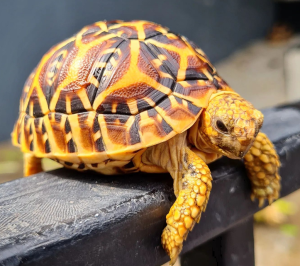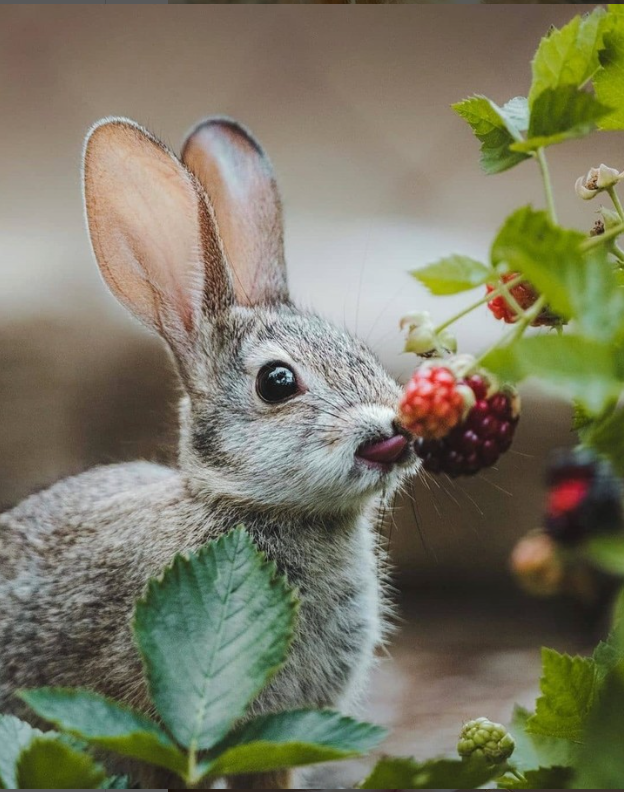Can Tortoises Make Good Pets?
Tortoises are often seen as low-maintenance pets, but there is much to know about properly caring for them. Before you decide if a tortoise is the right pet for you, it is essential to understand their needs and requirements.
Are tortoises legal pets in Australia?
Yes, tortoises are legal pets in Australia, but some restrictions exist. For example, importing or exporting tortoises without a permit is illegal. Owning particular tortoises, such as the African spurred tortoise, is also unlawful.
What are the benefits of owning a pet tortoise?
Tortoises can make great pets for the right people. They are generally low-maintenance animals that do not require a lot of attention. Tortoises are also long-lived, with some species living for over 100 years. This means that a tortoise can be a lifelong companion.
Some of the other benefits of owning a pet tortoise include:
- Tortoises are relatively quiet and clean animals.
- Tortoises are generally gentle and easy to handle.
- Tortoises can be very affectionate and social creatures.
- Tortoises can be educational pets, especially for children.
What are the challenges of owning a pet tortoise?
While owning a pet tortoise can be rewarding, there are also some challenges to consider. Tortoises require specialized care, including a correctly set enclosure, a balanced diet, and regular veterinary checkups.
Some of the other challenges of owning a pet tortoise include:
- Tortoises can be very expensive to purchase and care for.
- Tortoises have a very long lifespan, so you need to be prepared to commit to caring for your pet for many years to come.
- Tortoises are susceptible to several health problems, so taking them to the vet for regular checkups is essential.
What do tortoises need to thrive?
Tortoises need several things to thrive, including:
- An adequately set up enclosure: Tortoise enclosures should be large enough for the tortoise to move around comfortably, including a basking area, a hiding area, and a water dish.
- A balanced diet: Tortoises are herbivores, and their diet should consist of various leafy greens, vegetables, and fruits.
- Regular veterinary checkups: Tortoises should be taken to the vet for regular checkups to ensure they are healthy and rule out any potential health problems.
How to choose a pet tortoise
If you have decided that a tortoise is the right pet for you, the next step is to choose a tortoise. Many different species of tortoises are available, so it is essential to research and select a species that is right for your lifestyle and experience level.
When choosing a tortoise, it is essential to consider the following factors:
- Size: Tortoises can range from a few inches to several feet long. Make sure to choose a tortoise that is a size that you can comfortably care for.
- Lifespan: Tortoises have a very long lifespan, so be prepared to commit to caring for your pet for many years to come.
- Temperament: Some tortoises are more social than others. Choose a tortoise that has a character that is compatible with your lifestyle.
- Diet: Tortoises have different dietary needs. Make sure to choose a tortoise that you can provide with a proper diet.
How to care for a pet tortoise
Caring for a pet tortoise requires a lot of time and commitment. Tortoises need an adequate enclosure, a balanced diet, and regular veterinary checkups.
Here are some tips for caring for a pet tortoise:
- Enclosure: The tortoise’s enclosure should be large enough for the tortoise to move around comfortably. The chamber should also include a basking area, a hiding area, and a water dish.
- Diet: Tortoises are herbivores, and their diet should consist of various leafy greens, vegetables, and fruits. You can also purchase commercial tortoise food, but choosing a food that is high in fiber and low in protein is essential.
- Veterinary care: Tortoises should be taken to the vet for regular checkups to ensure they are healthy and rule out any potential health problems.
Conclusion
Tortoises can make great pets for the right people. They are generally low-maintenance animals that do not require a lot of attention. Tortoises are also long-lived, with some species living for over 100 years. This means that a tortoise can be a lifelong companion.



